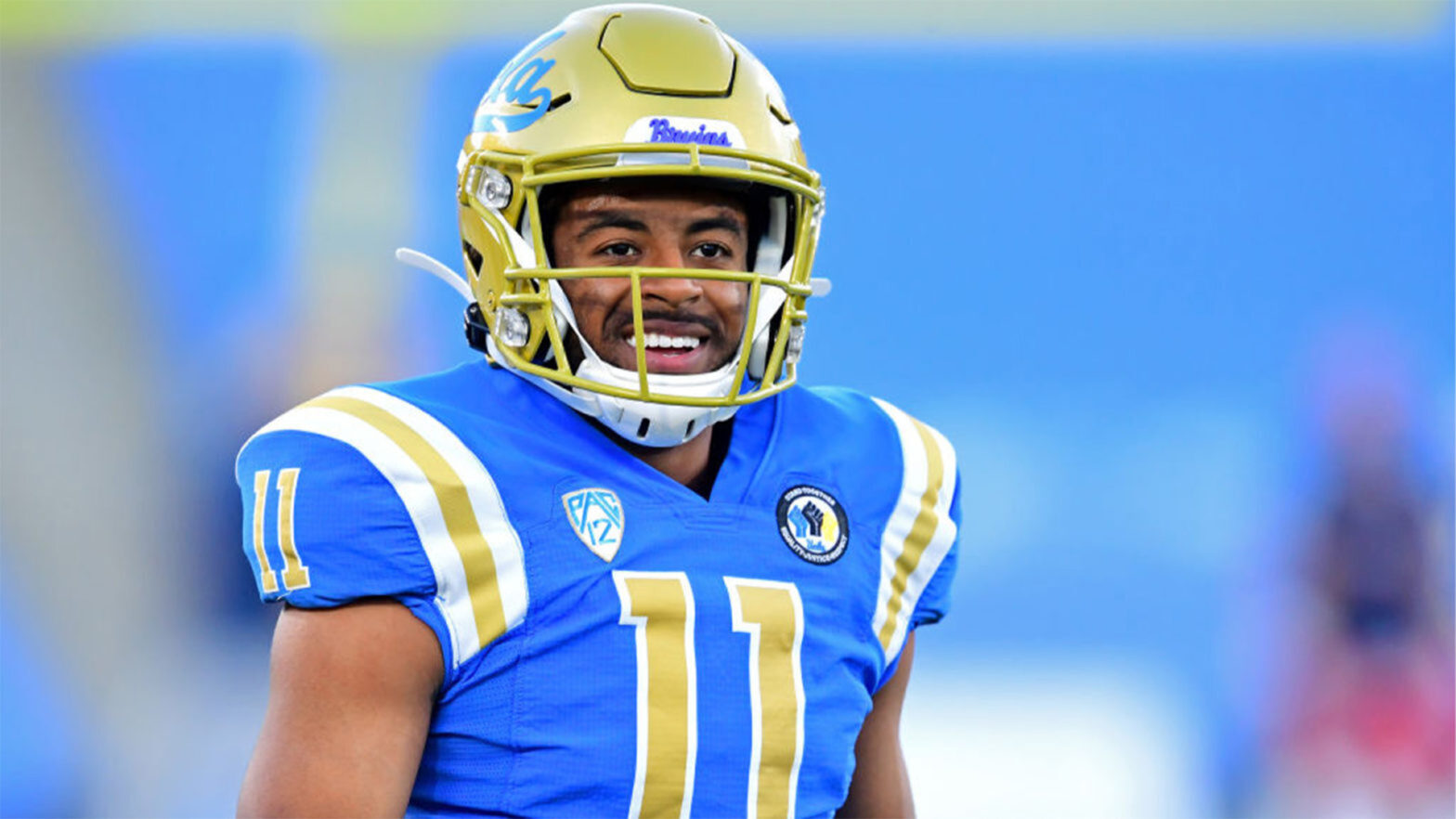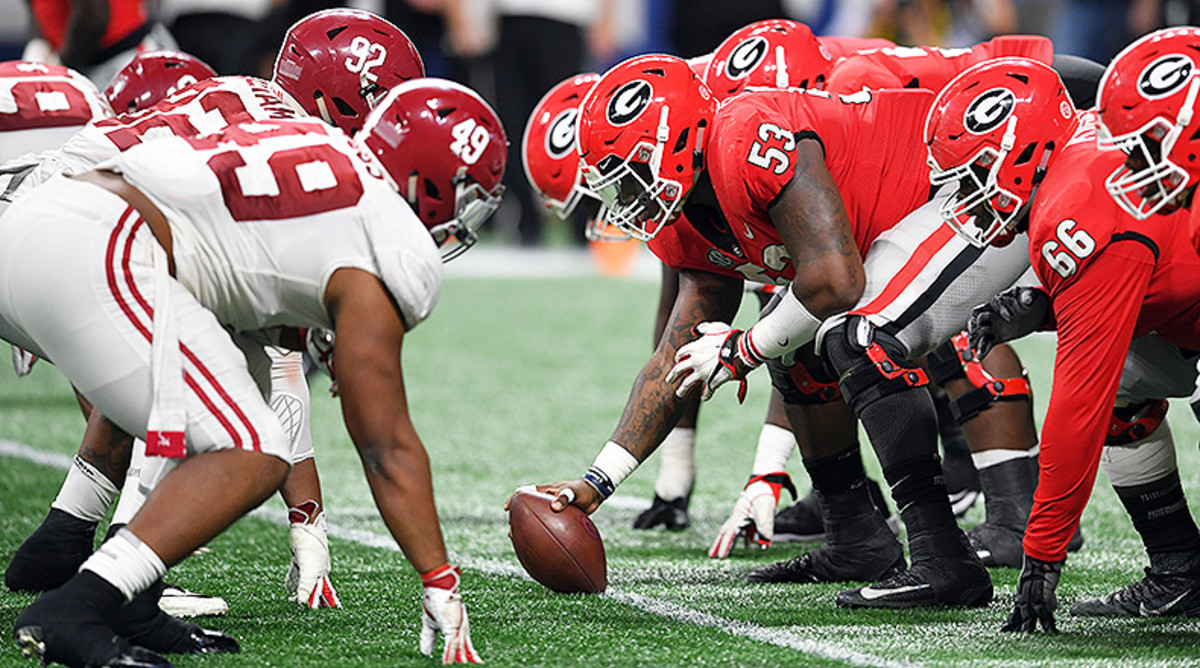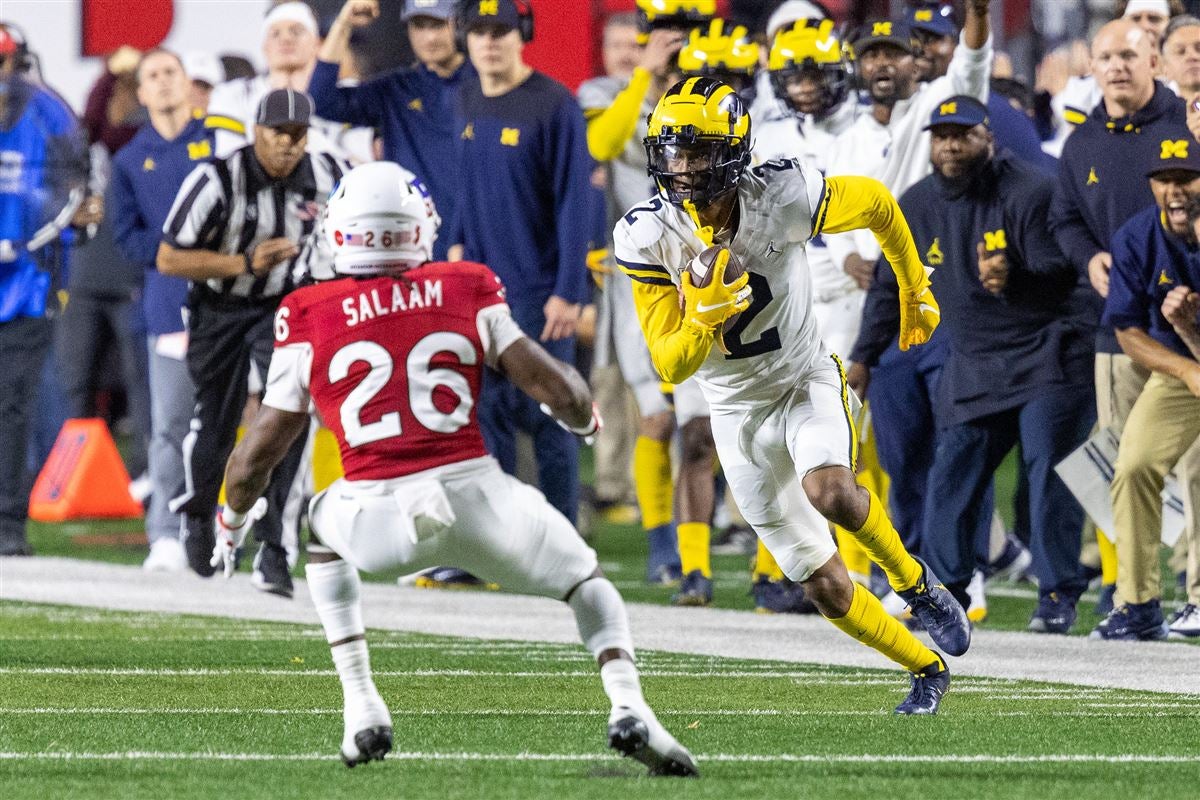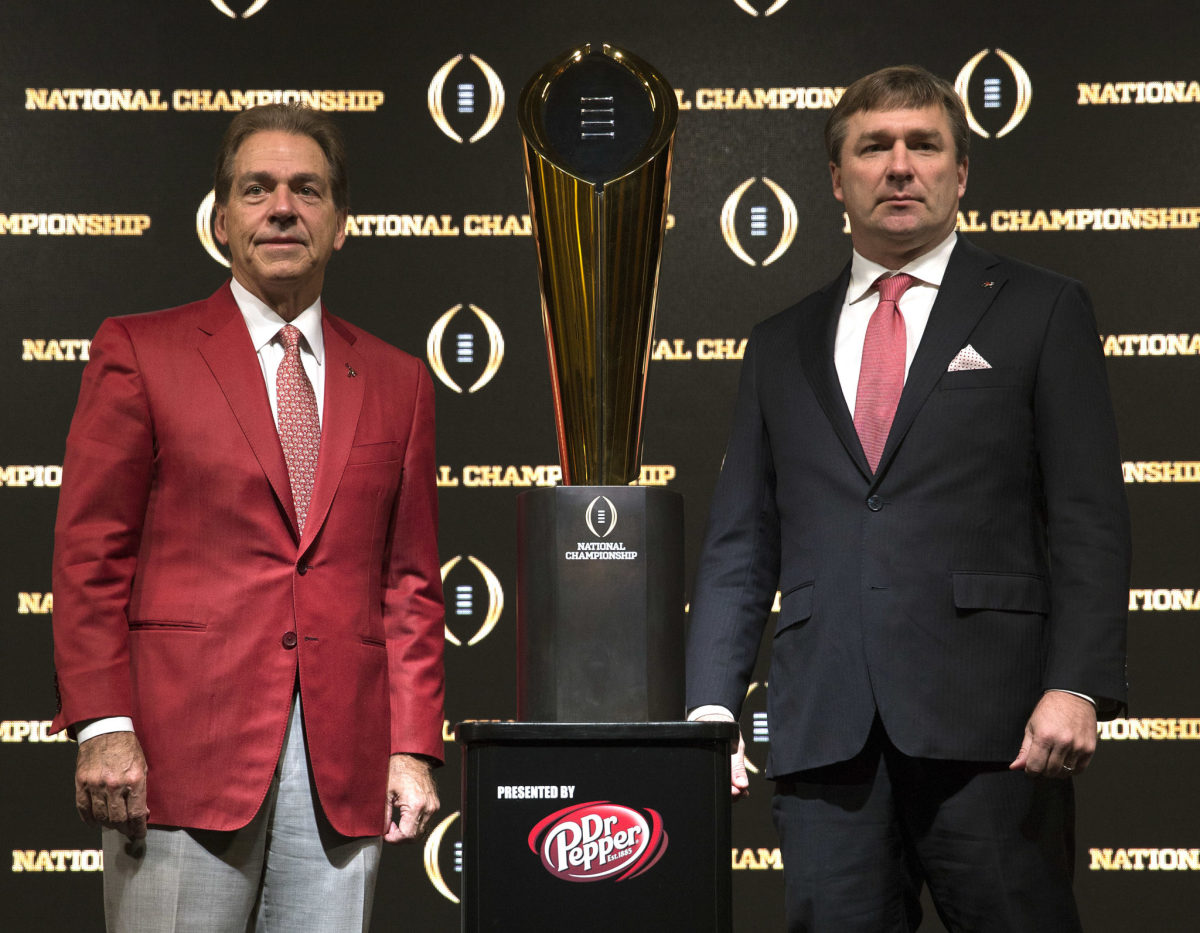UCLA Quarterback Chase Griffin Takes a Stand Against Congress Regulating College Athletes' Pay

Chase Griffin was recently in Washington, D.C., to testify in the 11th congressional hearing on name, image, and likeness (NIL) regulation in college sports. The 23-year-old UCLA quarterback made it clear that he believes Congress should not regulate the NIL market. Griffin strongly opposed a reform bill introduced by Representative Gus Bilirakis, arguing that athletes should have the freedom to profit from their own NIL without government interference.
Throughout the hearing, Griffin remained steadfast in his position, even as others praised him for his success in the NIL market. He emphasized that he is just one example of the many college athletes who are already participating in NIL opportunities. He believes that the focus should be on celebrating the overall benefits of NIL and allowing it to continue to grow organically.
The proposed "FAIR College Sports Act" was a central topic of discussion during the hearing. While the bill addresses some of the NCAA's concerns, such as an antitrust exemption and clarifying athletes' employment status, it also restricts schools from directly paying athletes through NIL deals. Griffin argued against this provision, suggesting that athletes should have the opportunity to earn a share of revenue generated by their talents.
Representative Lori Trahan, a former college volleyball player, was particularly interested in Griffin's perspective. She asked him about the trust that college athletes have in Congress, to which Griffin humorously replied, "Congress." He expressed concern that many athletes feel Congress does not have their best interests at heart, highlighting the need for elected officials to rebuild trust with the athletic community.
Despite the differing opinions and intense debate, Griffin and NCAA President Charlie Baker found common ground after the hearing. They even posed for a photo together, symbolizing the potential for collaboration and progress within the NIL landscape. Griffin acknowledged that the current state of NIL showcases the advancements made by athletes and the broader public opinion, but it also exposes the lag in Congress's understanding and response to these changes.
Overall, Griffin's testimony reiterated his belief that college athletes should be able to benefit from their NIL without excessive regulation. He emphasized the importance of recognizing and celebrating the achievements and opportunities that arise from the current NIL landscape. Congress, he argued, should focus on building trust with athletes and allowing the market to continue to evolve naturally.



